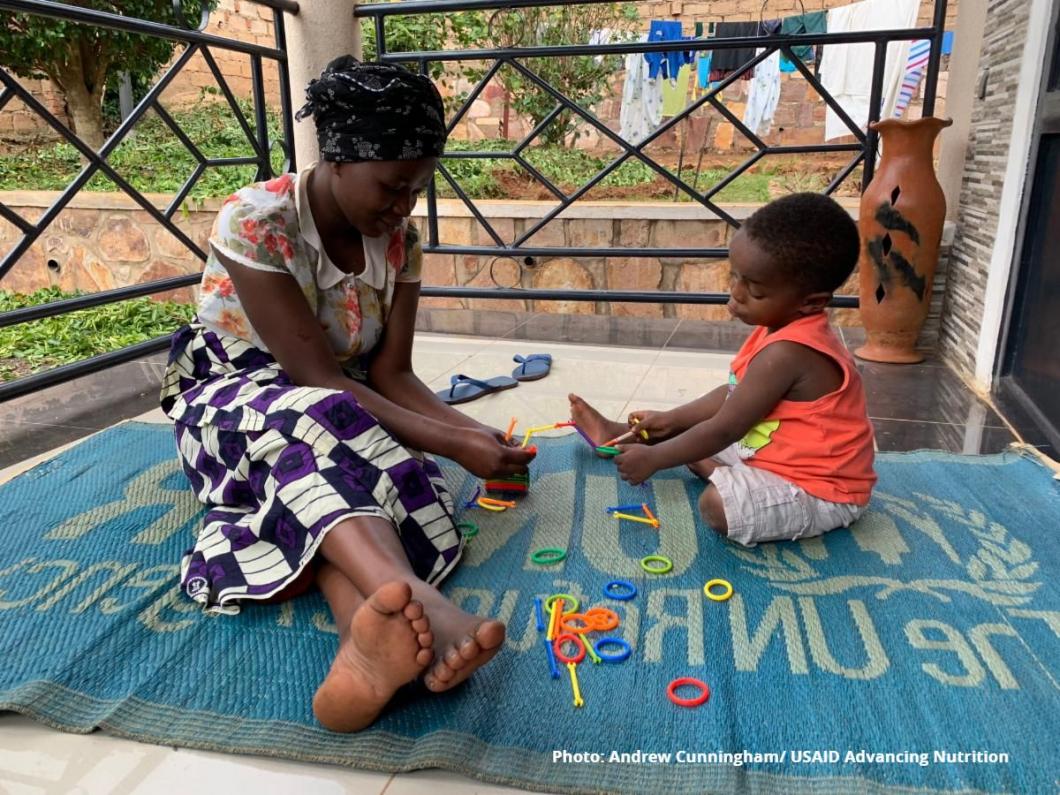
GREETINGS from the TASK FORCE SECRETARIAT
Dear Friends,
I hope you and your families are staying safe through the recurring waves of COVID-19. In this newsletter I am excited to share with you the Task Force’s first strategic plan (2021-2025) that will guide our work over the next five years. As we enter our last decade approaching 2030, 53 countries remain off-track to meeting the Sustainable Development Goals’ (SDGs) target 3.2 to reduce under-five mortality to less than 25 per 1,000 live births. The Task Force’s strategic plan will be a roadmap to meaningfully engage and work with countries to change this narrative. I urge you to read the plan we are setting forth, and to find where you can contribute to its implementation within your own work.
Sincerely,
Dyness Kasungami, Director of the Child Health Task Force
CHILD HEALTH TASK FORCE STRATEGIC PLAN
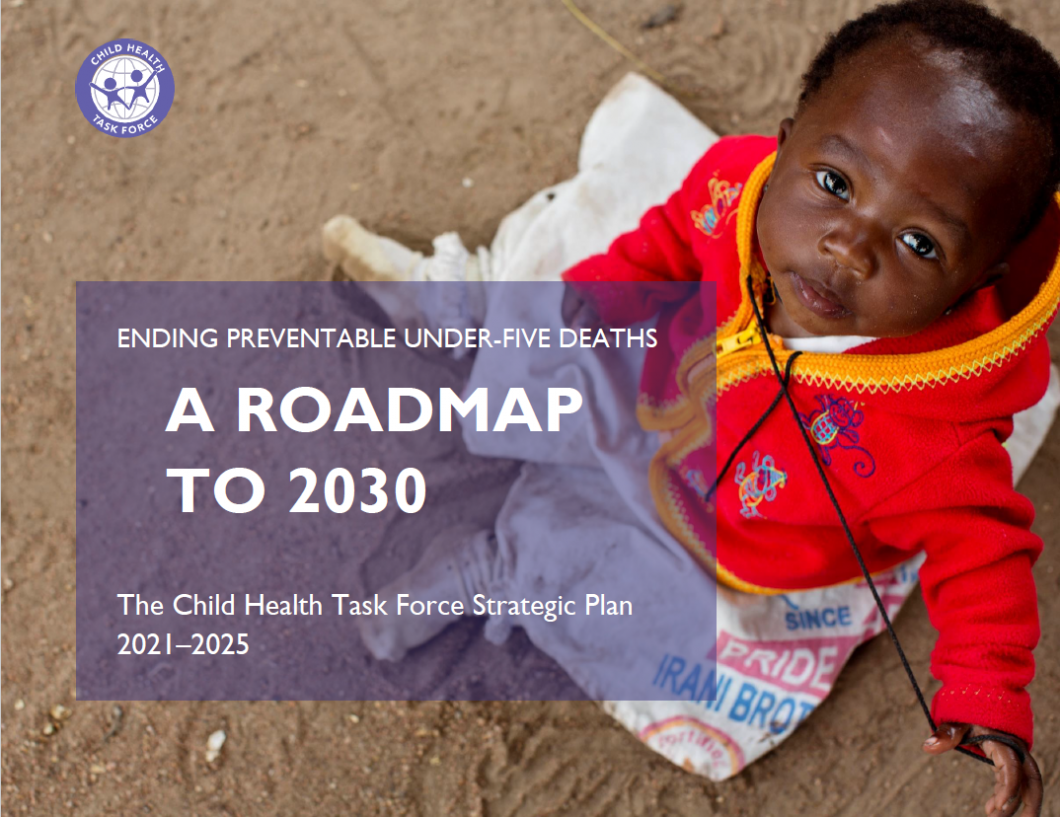
With 2030 quickly approaching, how far are we from our finish line? Fifty-three countries are off-track to meeting the SDG target 3.2, COVID-19 continues to stall progress by disrupting essential life-saving interventions for children, and more countries will continue to fall off track if we maintain the status quo.
The Task Force developed a five-year strategic plan that will serve as a roadmap for our work in helping countries end preventable under-five deaths and achieve the SDGs for children, ensuring they are able to thrive, reach their full potential, and become agents of change in their communities.
The strategic plan positions the Task Force as a global coalition, supporting the delivery of high quality child health services through the convening and coordinating of stakeholders to ensure that knowledge and innovative solutions to implementation challenges are infused throughout the network.
The Secretariat, Steering Committee, and subgroup co-chairs co-created the strategic plan through virtual working sessions and an iterative review process to:
- align the diverse perspectives of key stakeholders represented by Task Force leadership,
- outline clear priorities that support a strategy based on a shared vision, and
- establish the broader landscape of child health and the value-added of the Task Force.
All members of the Task Force will be essential to translate the plan into purposeful action. Your feedback is important, so please tell us how we can best support your efforts in our upcoming membership survey (view last year's results), which will be circulated later this month.
NEW ON THE WEBSITE
Resource Hubs
We recently added topic-specific hubs to our website that focus on Child Health and COVID-19 and School Health and Nutrition (Institutionalizing iCCM coming soon!). Each hub provides a comprehensive resource that features relevant news and journal articles, resources for practitioners, and FAQs. On the School Health and Nutrition hub, we’ve added new practitioner spotlights, highlighting multi-sectoral programming for school-aged children, and school health in the news. Please send any relevant resources to be shared on the hubs to the Task Force Secretariat.
If you work in school health and nutrition and can share your experience and lessons learned, please send an email to childhealthtaskforce@jsi.com and indicate if you would like your work to be considered for future practitioner spotlights.
Members Page
Over the past few years, our network has grown to include over 1,900 individuals, based in 80 countries from over 300 organizations, including ministries of health, government agencies, international and local NGOs, multilaterals, bilaterals, academic institutions, private sector entities, and individual consultants. We’ve added a new members page under the 'About' tab that showcases the locations of our global network of members and a comprehensive, searchable list of member organizations.
If you do not see your organization, reach out to childhealthtaskforce@jsi.com to be added.
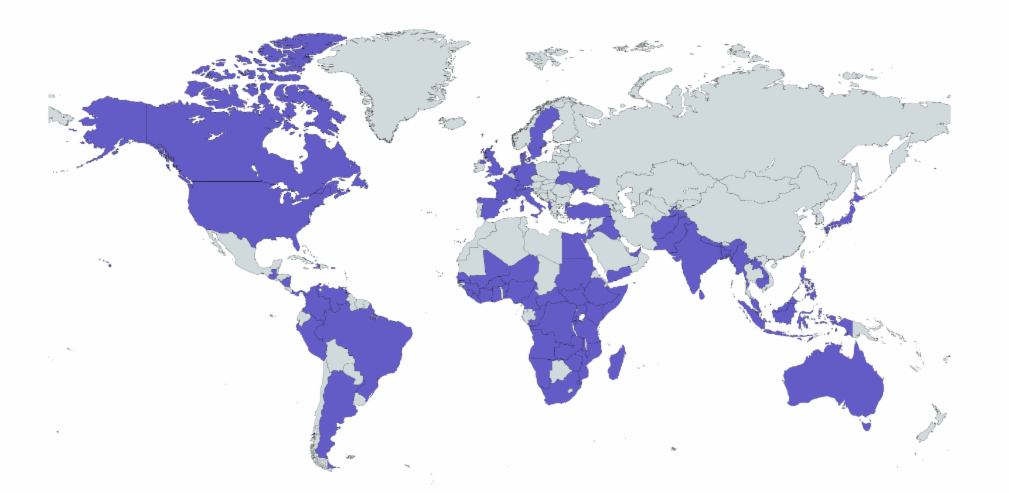
INTRODUCING CAP 2030: Building a Global Movement for Change
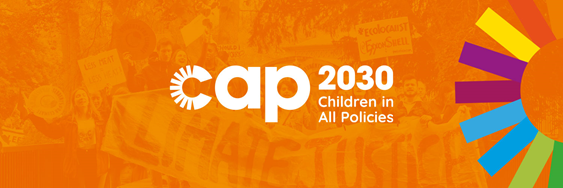
Who: Children in All Policies 2030 (CAP-2030) is a new initiative, supported by UNICEF, The Lancet, and UCL, to center children’s health and well-being in all policies, to ensure an equitable and sustainable future.
What: CAP-2030 seeks to promote children’s rights and protect their health through science, advocacy, and coalition-building, while advancing global action on the climate crisis. It works to generate evidence and facilitate learning on child health and well-being through research and by preparing monitoring and advocacy tools to assess countries’ progress on child health and their efforts to tackle climate change.
Where: CAP-2030 is building multi-sectoral coalitions for children with leadership from governments, ministries, academics, civil society and other stakeholders, in countries on every continent, beginning in Argentina, France, Ghana, India, Nepal, Pacific Island countries, Senegal, Sweden, and South Africa, with further countries planned. All countries are welcome to join the movement!
How to connect: For more information and for notifications on future events, sign up to receive updates.

SUBGROUP SPOTLIGHT: Re-Imagining the Package of Care for Children
Non-communicable diseases (NCDs) and chronic care for children in LMICs are often neglected issues in child health. Last May-July, the Re-Imagining the Package of Care for Children subgroup co-hosted with UNICEF a discussion series on lifelong care for children with chronic conditions. The series presented and gathered feedback on UNICEF’s early Lifelong Care for Children framework for programming in child health and followed case studies on specific chronic conditions, including:
- Addressing the Burden of Congenital Heart Disease in Kerala, India;
- HIV, Sickle Cell Disease and Type 1 Diabetes in Children in LMICs; and
- An Integrated NCD Package of Services Following the PEN-Plus Strategy in Mozambique.
Key Takeaways:
- 245 individuals registered from 40 countries and over 100 different organizations. 67% of registered participants were based in a LMIC.
- Low case numbers are a challenge - an integrated approach with multidisciplinary teams, including connections to tertiary care, seem to be a cost-efficient and practical solution.
- A life-course approach as proposed by WHO will be needed to adjust care as children enter adolescence and adulthood.
- A better understanding of pediatric experience of care and support for chronic illness needs to be recognized and addressed.
- Patient and family engagement and advocacy are needed for the inclusion of NCDs and chronic care in LMICs in UHC and PHC initiatives, including in national health sector plans, policies, and ultimately integrated budgets.
Recordings, presentations, and session resources from the series can be found on the Task Force website.
SUBGROUP UPDATES
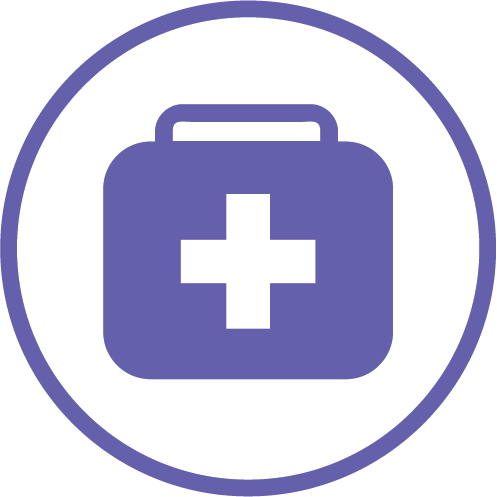
Child Health in Emergencies and Humanitarian Settings
The subgroup is organizing a joint webinar series with the Every Newborn Action Plan in Emergency Settings (ENAP-E) Working Group. The series will address newborn and child health in humanitarian settings within the context of COVID-19. The co-chairs are looking for members to support the webinar planning. If you are interested, please reach out to Fouzia (fshafique@unicef.org) and Nureyan (nzunong@savechildren.org).
The subgroup’s last bi-monthly meeting (August 26) featured presentations from the International Rescue Committee (IRC) and UNICEF on improving nurturing care and reaching zero dose communities in humanitarian settings. The co-chairs announced that a survey and mapping of global partnerships with a child health and humanitarian focus are in development to identify key gaps in guidance, tools, and evidence for country teams. The recording and presentation slides are available. Register to join the next subgroup meeting on October 28.
The subgroup surveyed members to inform an inventory of current in-country child health implementation research. Twenty-seven responses reported on studies from 18 countries that addressed a range of topics in child health, mostly related to community health, emergencies, and nutrition. The Secretariat will contact respondents in the coming weeks for additional information. If you missed the form and would like to contribute, please email childhealthtaskforce@jsi.com.
The subgroup’s next hosted webinar in the child health and COVID-19 series will focus on the impact of COVID-19 school closures on child and adolescent health in sub-Saharan Africa and the plans for reopening safely. Register to join!
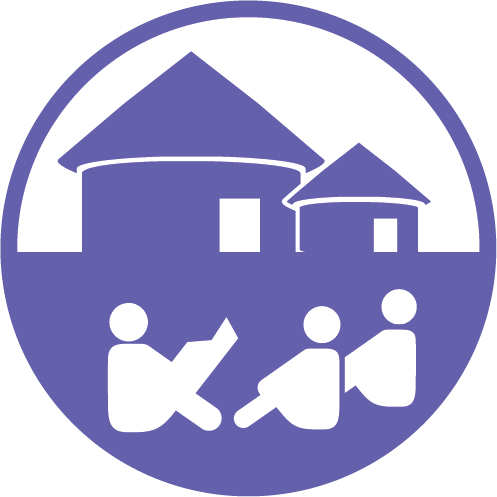
The subgroup hosted a webinar on June 29 to share results from a recently published article in BMJ on the role of governance in iCCM. The recording and presentation are available.
In collaboration with PMI Impact Malaria, the subgroup has started landscaping iCCM tools to inform an updated iCCM toolkit. PMI Impact Malaria is developing case studies of countries that have successfully institutionalized iCCM and conducting a review of best practices and challenges around CHW compensation. The co-chairs will reach out to the members soon with an invitation to join a small advisory team to guide this work.
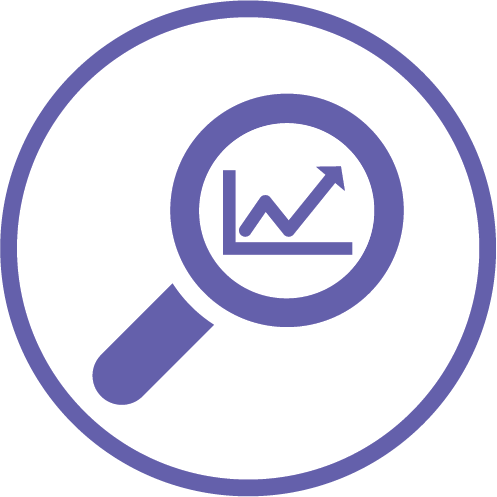
The subgroup conducted a rapid consultation with members on child health indicators for the revised Service Provision Assessment (SPA). Members provided feedback on which indicators to prioritize and discussed these inputs at a subgroup meeting on June 3. Recording and presentation are available on the website. The recommendations were synthesized and sent to the SPA revision team on behalf of the Task Force.
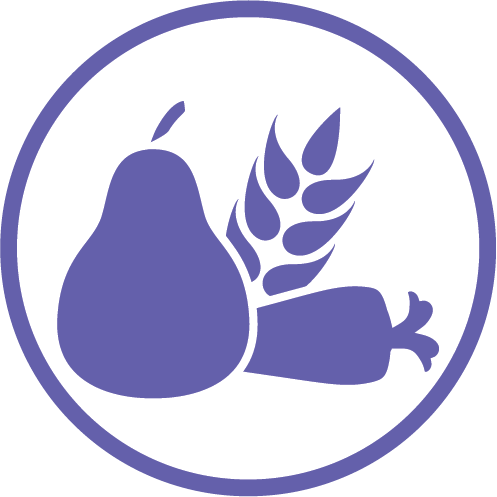
The subgroup hosted a panel discussion on early childhood education and nutrition. The panelists shared evidence and experiences from multiple countries, including Ghana, Kenya, Malawi, Sudan, and Tanzania. The recording and presentations are available on the Task Force website.
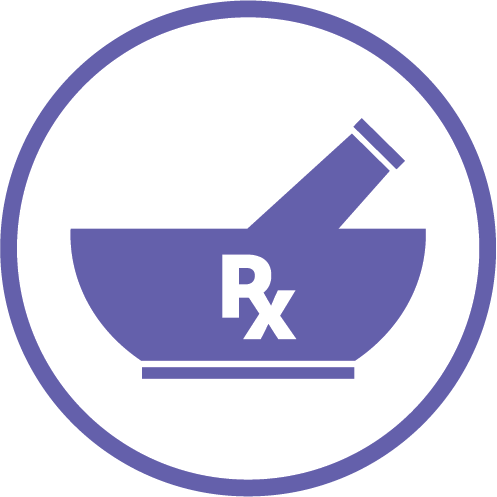
The subgroup hosted a webinar on key lessons from the Nepal/SHOPS Plus experience on engaging the private sector; quality interventions that go beyond training; and practical steps for implementers and governments. The recording and presentation are posted on the website.
![]()
In June, the subgroup co-hosted a webinar with the Network for Improving QoC for MNCH, sharing evidence from a global review on improving health worker performance in LMICs. The event featured a presentation from the Ministry of Health Malawi on the country’s experience improving the quality of health care services. The recording and presentations are available on the website. Another co-hosted webinar with the Network will be held on September 23 to launch a brief on nurturing care for every newborn. Please register to join.
The subgroup held its quarterly meeting to update members on activities and progress across partner organizations (view recording). The next subgroup meeting will be held on October 7, please register to join. The subgroup is also looking for a third co-chair. Email childhealthtaskforce@jsi.com to nominate yourself or someone else and please include a statement of interest, time available to dedicate to the role, and CV.
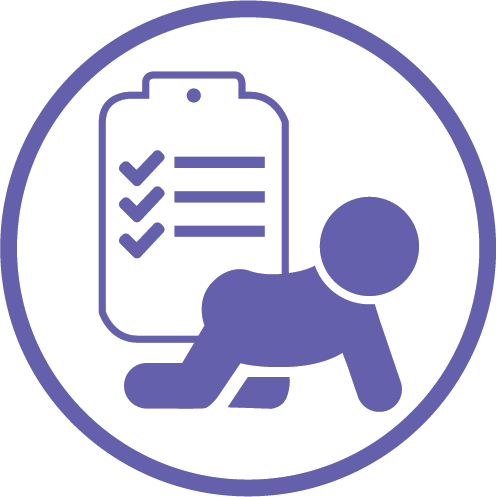
Re-imagining the Package of Care for Children
The subgroup hosted an engaging discussion series on lifelong care for children with chronic conditions, featured in the section above. Materials are posted on the Task Force website.
Register to join their next webinar on school health and nutrition!
Join individual subgroup mailing lists by completing this brief online form.

UPCOMING EVENTS
Task Force Events
- September 23, 2021 8:00am EDT [12:00 GMT] | Nurturing Care for Every Newborn: Ensuring Every Newborn Survives and Thrives | Join us for the launch of the Thematic Brief: Nurturing care for every newborn. This brief summarizes why nurturing care is essential for every newborn to survive and thrive and outlines the five components of nurturing care with examples of practical actions. Hosted by WHO and UNICEF in collaboration with Network for Improving QoC for MNCH, Task Force's QoC subgroup, and Early Childhood Development Action Network.
- September 29, 2021, 8:00am EDT [12:00 GMT] | Returning to Schools Safely | Upcoming session in the Task Force's Understanding Child Health in the Context of COVID-19 series, the webinar will feature presenters from Ugandan and Nigerian academic institutions sharing evidence on the effects of pandemic-related school closures on child and adolescent health and access to services.
- October 19, 2021, 12:00pm EDT [16:00 GMT] | Multisectoral Collaboration for School Health & Nutrition | Hosted by the Task Force's Re-Imagining the Package of Care for Children subgroup. Invitation to be shared soon.
Global Partner Events
- September 22, 2021, 9:30am EDT [13:30 GMT] | Charting a Global Health Agenda for Development Finance Institutions | Join the Center for Global Development for a discussion on the key ways in which DFIs can contribute and incentivize innovative health solutions in order to promote health impact and insure against future health crises.
- September 24, 2021, 10:00am EDT [14:00 GMT] | Progress and Multisectoral Action Towards Achieving Global Targets to End TB | A special UN General Assembly virtual side event that will review progress towards reaching TB targets, advance multisector action and accountability, and discuss preparations for the 2023 UN High Level Meeting on TB.
- September 27, 2021, 8:00am EDT [12:00 GMT] | Youth facing the climate and health emergencies: Integrated Action for Climate, Health and Intergenerational Equity | Hosted by WHO, in collaboration with partners, this event will support the youth constituents in formulating proposals on how to mainstream health and equity in the UNFCCC process to ensure ambitious climate commitments, and will promote global and local advocacy and capacity-building on health and climate change.
- October 21-28, 2021 | FIGO World Congress | The virtual global academic event will gather over 8,000 stakeholders to learn, educate, exchange ideas, build alliances and propose concrete solutions to the important challenges in women's sexual and reproductive health and rights.
- November 19-21, 2021 | 12th International Association for Adolescent Health World Congress on Adolescent Health | The IAAH World Congress brings people together from across the globe to explore the opportunities, evidence-base, challenges and costs of services, programs and approaches for improving adolescent and young adult health that can be delivered by health services, schools, and communities.
- December 6-8, 2021 | Global Digital Health Forum | The Global Digital Health Network will host its annual forum, focusing on Improving Health Through Digital Transformation, with diverse and engaging sessions to connect government stakeholders, digital health developers, researchers, donors, implementers and field experts from across the globe.

NEWS FROM THE NETWORK
- Brief: Sustaining Adolescent Health Service Delivery During Prolonged School Closures: Considerations in Light of COVID-19 | The Global Financing Facility published a brief that provides an overview of the approaches to sustain school health and nutrition service delivery during closures and presents considerations for the resumption of services after reopening.
- Research Article: Country perspectives on improving technical assistance in the health sector | Currently awaiting peer review on Gates Open Research, this paper presents learnings from the Task Force's Re-Imagining Technical Assistance for MNCH and Health Systems Strengthening project in Nigeria and the DRC.
- Webinar: Un-Measurable or Just Un-Measured? | USAID MOMENTUM's Measurement, Evaluation, Innovation, and Learning Working Group and Primary Health Care Performance Initiative (PHCPI) hosted the session to discuss PHCPI's Primary Health Care Progression Model and how these metrics and methods can be used to measure important but unmeasured components of primary health care capacity.
- Webinar: COVID-19 Case Management Webinar Series: Home based and Community care models for mild and moderate COVID-19 | On August 4, WHO hosted a webinar exploring different models of care and the required resources and tools to establish effective and safe management of non-severe COVID-19 cases.
- Case Study: Considerations for Monitoring School Health and Nutrition Programs | Published in Frontiers in Public Health, the article provides an overview of how monitoring indicators can be selected across a school health and nutrition (SHN) program's logical framework with examples across five implementation models. The findings are part of a series of SHN briefs that will be published on the GFF website in November.
- Brief: Getting to Thrive- Nurturing Care and Multisector Action to Improve Child Health and Well-being | The latest think piece in JSI's Beyond Survival series on child health highlights multisector programs and their learnings, as we consider the global call for more coordinated multisectoral health, nutrition, early childhood development, and social protection initiatives.
- High-Level Event: The role of primary health care in the COVID-19 pandemic response and leading to equitable recovery | On June 22, WHO, UNICEF, Ministry of Healthcare of the Republic of Kazakhstan, and Primary Health Care hosted a virtual event that shared stakeholders' knowledge and experience on the vital role of primary health care in managing the pandemic.
- Webinar: Applying Global Goods: Community Health Guidelines, Measurement and Planning Tools | Hosted by the Population Council/ Frontline Health project, the event explored existing measurement and planning tools in community health and how they fit together, and reflected on the applicability of the Council's indicators guide document.
- Report: Children's Climate Risk Index Report | UNICEF's first comprehensive look at children's exposure and vulnerability to the impacts of climate change ranks countries based on children's exposure and vulnerability to climate and environmental shocks. The report includes a conceptual framework to help prioritize action for those most at risk.
- Resource: State of the Evidence 2021: Modifications Aiming to Optimize Acute Malnutrition Management in Children under Five | Action Against Hunger published a high-level summary of existing evidence to date on six innovative approaches to standard community-based management of acute malnutrition protocols.

